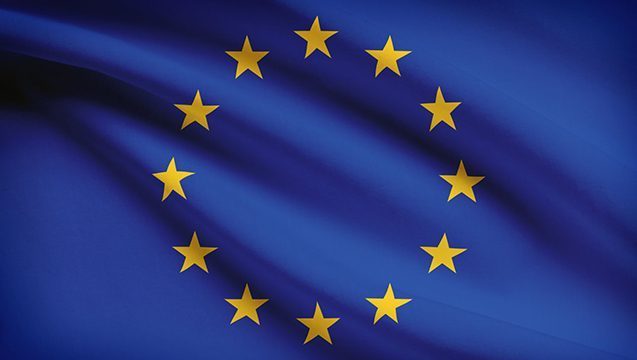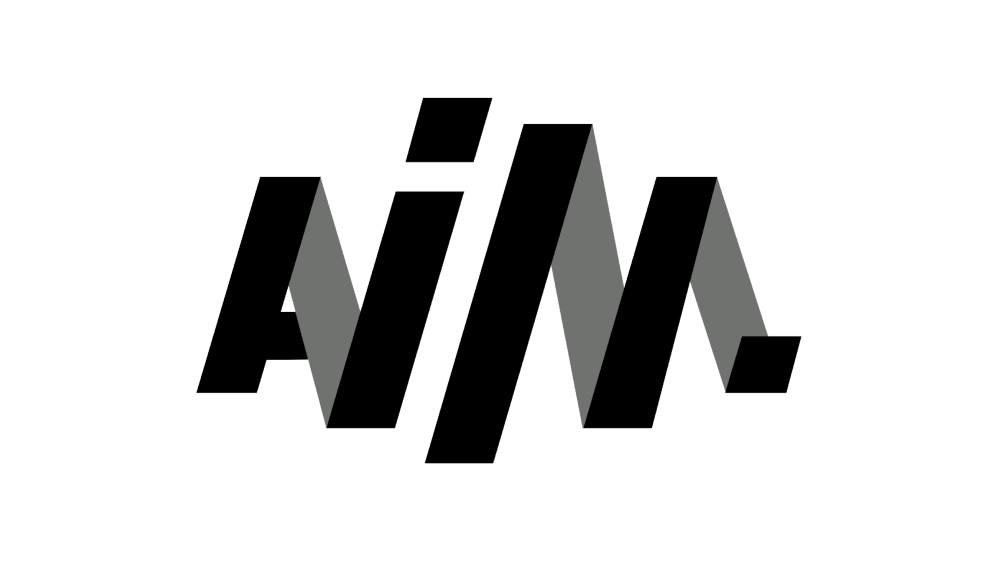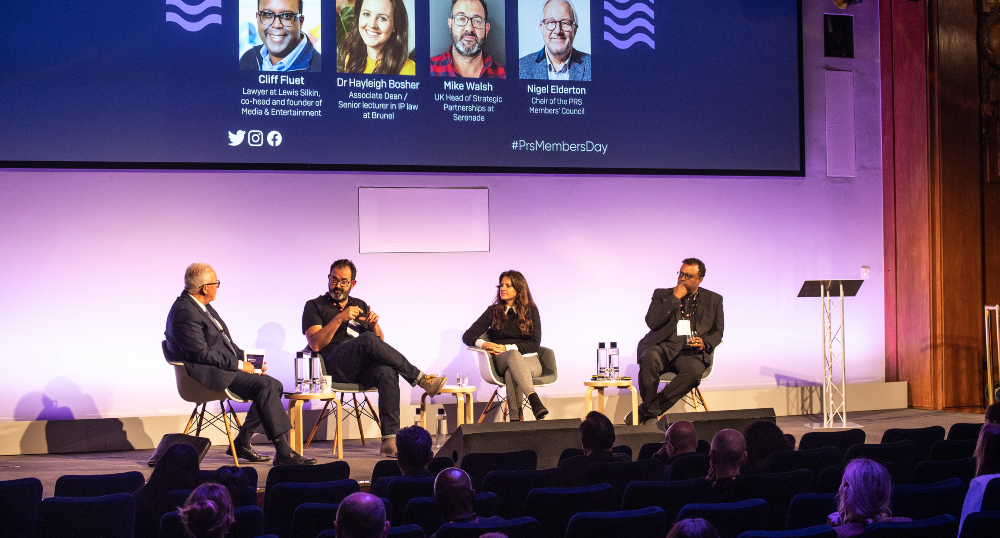The result of the landmark vote, which took place on 12 September, was 438 in favour and 226 against, with the Copyright Directive now going to trilogue with the European Union Council, Commission and Parliament to negotiate a final text for passage into law.
Article 13 is of particular interest to music creators and the wider industry as it centres around whether large profitmaking content platforms should fairly reward creators for the use of their work.
If it passes into law, Article 13 will effectively close legislative loopholes which allow multinational internet companies to claim ‘host status’, which enables them to evade or minimise their liability for the copyright music uploaded by their users.
Robert Ashcroft, Chief Executive of PRS for Music, said: ‘The European Parliament has taken a bold step forward to ensure a functioning and sustainable digital single market for creative content. PRS for Music has fought from the beginning for digital services to pay all creators fairly for the content they use. This vote was a ringing endorsement of our work and that of our colleagues in the industry over the last five years.
‘We began this process in 2014 with the paper Is Copyright Law Fit for Purpose in the Internet Era and it has taken a huge amount of effort and work to get to this positive outcome. I’d like to thank everyone who has supported us throughout this process and stood with us in our fight for the rights of creators.’
John Mottram, Head of Policy and Public Affairs at PRS for Music, added: ‘In practice, this will mean that rightsholders, such as PRS for Music, will be able to both increase licensing of online platforms and at the same time agree a fairer share of the revenues these services generate.
‘This is because platforms will no longer be able to claim they are protected from liability and they are under no obligation to obtain a licence, or that any royalty payments are on a voluntary “take it or leave it” basis.’
The Parliament-approved Copyright Directive will now enter the trilogue process, which can take weeks or months to complete. If approved, the Directive will pass into law and member states will be required to implement it. The UK government has indicated it is also likely to implement the new legislation, even after Brexit.
Learn more about why the Copyright Directive is so important for music creators and rightsholders in our recent article Creative Crunch: Why Europe is Debating the Future of Music.





